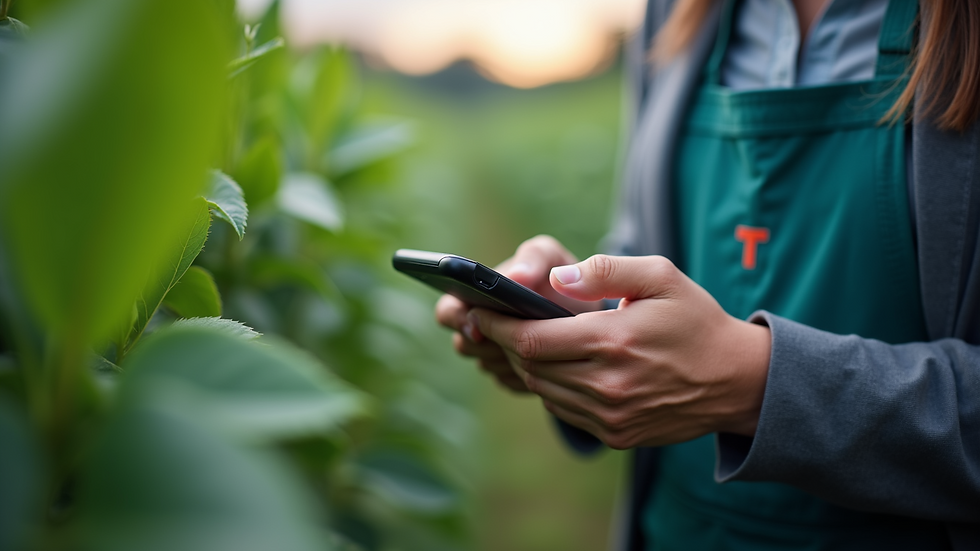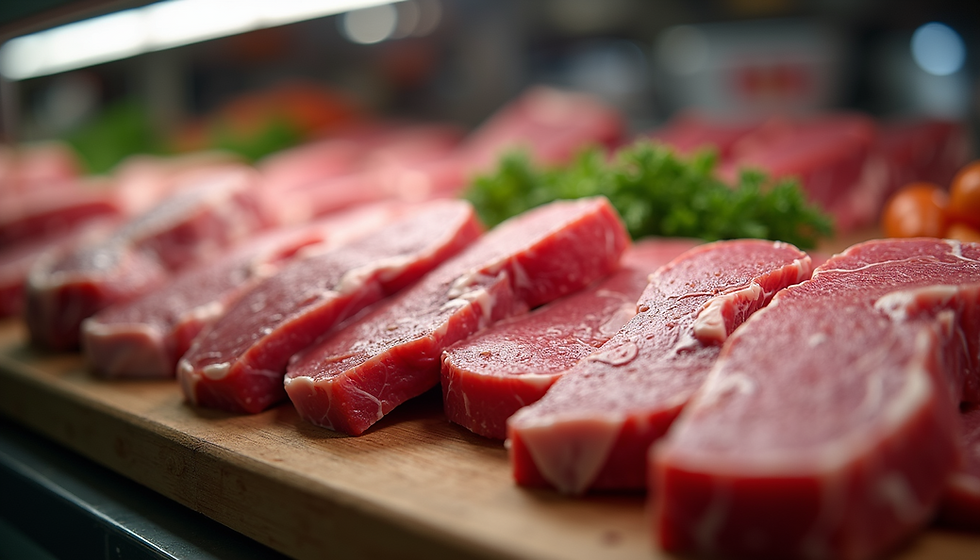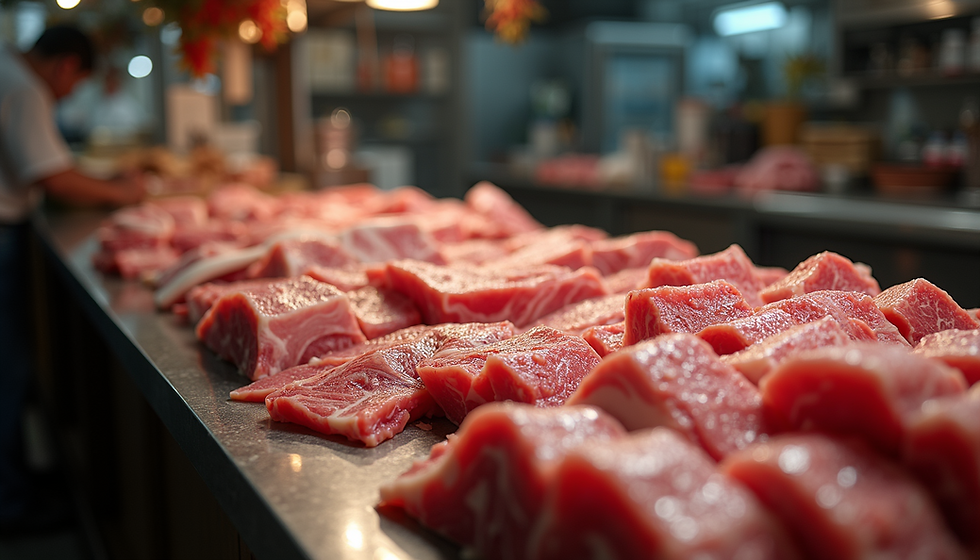Exploring Trends and Challenges in the Global Food Supply Industry
- Team @ Ezy Click Answers
- Jun 30, 2025
- 4 min read
The global food supply industry is a complex and ever-evolving system that affects millions of lives. With a population exceeding 7.9 billion, meeting the demand for nutritious and sustainable food is more important than ever. In this blog post, we will delve into the current trends shaping the global food market, the challenges it faces, and potential solutions to these hurdles.
Understanding the Global Food Market
The global food market is influenced by a multitude of factors, including climate change, economic policies, and consumer preferences. According to the World Bank, the global food market is expected to reach $1.5 trillion by 2025. This growth is largely driven by increasing urbanization, where more people are moving to cities and relying on commercial food sources.
Statistics from the Food and Agriculture Organization (FAO) indicate that food production must increase by 70% to feed the projected 9.7 billion people by 2050. This substantial increase in food production necessitates innovative practices in agriculture, logistics, and technology.

Technology's Role in the Food Supply Chain
One of the most significant trends in the global food market is the increasing integration of technology. From farm to table, technology is revolutionizing how food is produced, processed, and distributed. Innovations such as precision agriculture, which uses satellite data and AI, help farmers optimize yield and reduce waste.
For instance, vertical farming has emerged as a sustainable solution to urban food shortages. By using indoor spaces to cultivate crops, vertical farms can produce food year-round without the limitations of traditional outdoor farming. This method not only conserves land but also minimizes the use of pesticides and reduces water consumption.
Moreover, blockchain technology is being implemented to enhance transparency in the food supply chain. By providing a secure and immutable record of transactions, blockchain can help trace food from farm to consumer, ensuring safety and quality.

Environmental Impact and Sustainable Practices
As we explore trends in the global food market, we must also address its environmental impact. Agriculture is responsible for approximately 70% of freshwater consumption and contributes significantly to greenhouse gas emissions. Therefore, implementing sustainable practices is crucial for minimizing environmental harm.
One trend gaining traction is regenerative agriculture, which focuses on restoring soil health, increasing biodiversity, and improving water cycles. Practices such as crop rotation, reduced tillage, and cover cropping are part of this movement. According to a report by the Rodale Institute, regenerative practices can sequester carbon in the soil, mitigating climate change effects.
Consumers are also becoming more aware of their environmental footprint and are actively seeking sustainable products. Brands that prioritize sustainability often enjoy consumer loyalty and a competitive edge in the global market.

Navigating Supply Chain Disruptions
Despite the advancements in technology and sustainable practices, the global food supply industry faces numerous challenges, particularly concerning supply chain disruptions. The COVID-19 pandemic has highlighted vulnerabilities in food supply chains, leading to food shortages and price hikes in various regions.
Logistical issues, including transportation delays and labor shortages, have further exacerbated these disruptions. According to a survey by the Food Market Institute, 30% of food retailers experienced supply chain delays during the peak of the pandemic.
To mitigate these challenges, companies need to adopt a more resilient supply chain model. This model might include diversifying suppliers, strengthening local production, and investing in alternative distribution channels.
The Future of the Global Food Supply Industry
Looking forward, the global food service market is poised for significant evolution. As consumer demands shift towards healthier and more sustainable options, businesses must adapt to these trends to remain competitive.
Investing in innovation, whether through technology or sustainable practices, will be crucial for thriving in the changing landscape. Additionally, collaboration between stakeholders—farmers, suppliers, retailers, and policymakers—will play a vital role in building a resilient and equitable food system.
From enhancing food safety using blockchain to embracing regenerative agriculture, the opportunities to innovate are vast. Companies that proactively address these trends and challenges will not only contribute positively to the environment but also enhance their brand loyalty and market position.
Emphasizing Global Collaboration and Policy Changes
Addressing global food supply challenges requires collaboration among countries. International trade agreements and cooperative policies can help streamline food distribution and lower costs for consumers.
For example, organizations like the FAO and the World Food Programme work to create policies that support food security and agricultural development on a global scale. These collaborations foster knowledge exchange and provide resources to emerging markets, thereby strengthening the food supply chain worldwide.
Additionally, policies that incentivize sustainable farming methods and support local food systems will be vital. Encouraging small-scale farmers to adopt modern practices can enhance food production while ensuring environmental integrity.
Conclusion: Future Directions for the Global Food Supply Industry
As we dissect the trends and challenges in the global food supply industry, it’s clear that the path forward requires a multifaceted approach. By leveraging technology, embracing sustainable practices, and fostering global collaboration, we can build a more resilient and efficient food system.
Engaging the public in discussions about food sustainability and supply chain transparency can also pave the way for informed consumer choices. The responsibility to ensure a secure food future rests on all of us—from policymakers to individual consumers.
As we look to the future, let's embrace innovation and sustainability as guiding principles in navigating the challenges ahead. The global food market is not just an industry—it is a collective mission to nourish our world responsibly and equitably.



Comments